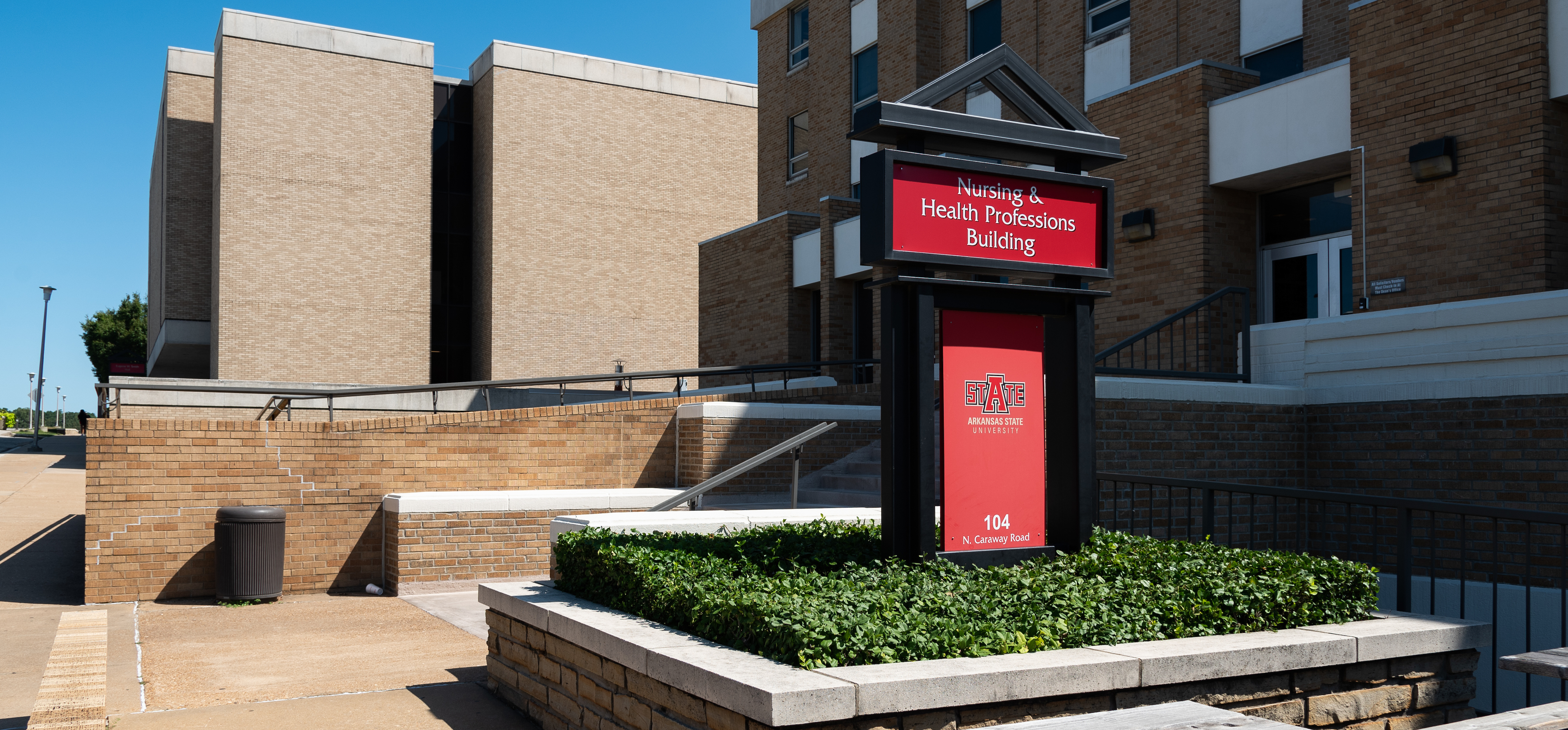Degree Name
Nurse Anesthesia, DNP
Publication Date
2020
Upload Date
2024
First Advisor
Christopher Jordan
Abstract
Mentored nurse anesthetists reported greater job satisfaction in a pilot study (N=19), preceding this study. The purpose of this study was to examine mentoring in nurse anesthesia as it relates to job satisfaction, based on Patricia Benner’s theory “Novice to Expert.” The study was a non-experimental and measured job satisfaction. Twelve nurse anesthetists employed at a gastroenterology center were given paper surveys, after signing an informed consent. Surveys used in this study included a demographic questionnaire, a survey on mentoring, and the Misener Nurse Practitioner Job Satisfaction Scale (MNPJSS). The surveys were returned in a sealed envelope. Subjects were asked to evaluate mentoring as it relates to their job satisfaction. The study received a 100% response rate, in which all 12 subjects responded (N = 12). Excel and Statistical Package for the Social Science (SPSS) were used to compile frequencies, percentages, and graphical representations. Scores for the MNPJSS ranged from 51 to 62, with a mean of 5.36 on a scale of one to six, 6 corresponding to “satisfied.” The results scored a Cronbach’s Alpha reliability measure of 0.96 (Appendix G), which is similar to the Misener study. All of the nurse anesthetists who had a mentor upon hire, said that mentoring positively influenced their job satisfaction. Mentoring is needed in anesthesia to transfer knowledge from the expert to the novice, which helps promote job satisfaction. However, further research is needed in the development of tools designed to study mentoring in nurse anesthesia.
Rights Management

This work is licensed under a Creative Commons Attribution-NonCommercial 4.0 International License
Recommended Citation
Tharp, Patricia J., "Mentoring in Nurse Anesthesia: Positively Influencing Job Satisfaction" (2020). Doctor of Nursing Practice Projects. 26.
https://arch.astate.edu/dnp-projects/26


